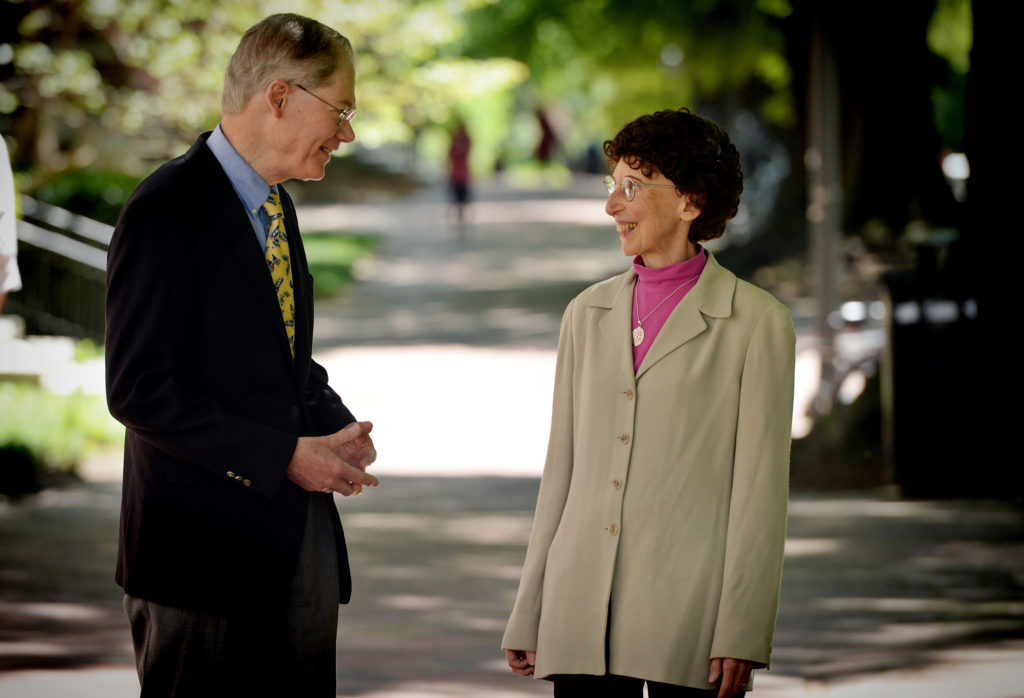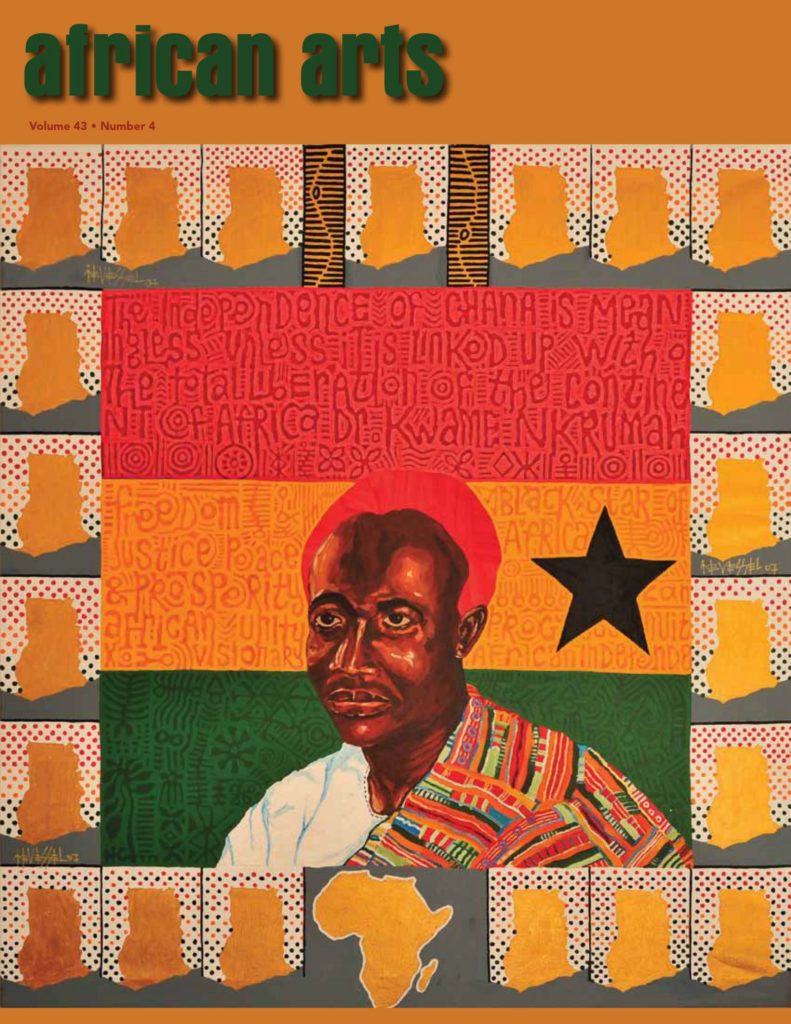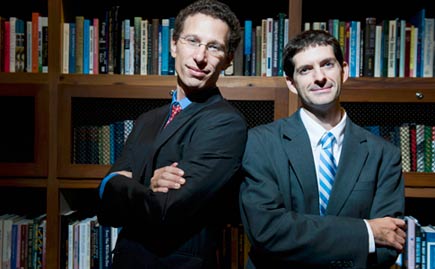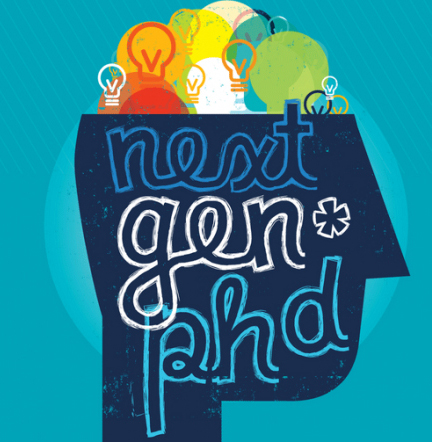
For much of its history, Radcliffe College was a kind of poor stepsister to its proud and privileged big brother Harvard in Cambridge, Massachusetts.
Even in the 1960s, Harvard refused to share its facilities equally with Radcliffe, but men and women mingled freely in the classroom and in many extra-curricular activities.
This could have been the moment in history when John and Joy Kasson met and fell in love.
After all, John, who graduated from Harvard magna cum laude in history in 1966, shared three large lecture courses with Joy, who graduated from Radcliffe with honors in American history and literature that same year.
“I like to think about all the times we must have walked by each other,” John said.
But they didn’t meet until the summer of 1967 – in Salzburg, Austria, of all places. Both were there to study German as a requirement for Yale graduate school. They met at the American Express office. They had lunch and talked. And 48 years later, they still haven’t run out of things to talk about.
“I was interested in Joy from the moment I saw her,” John said.
They’ve done just about everything together since then, including retiring this summer from UNC’s College of Arts and Sciences, a place they have called home for the past 44 years.
‘The power of memory’
Joy grew up in Highland Park outside Chicago. The daughter of a chemist, she went to Radcliffe believing she was “speeding toward a career in science.”
But at 19, she took a summer job in a science lab and her career plans hit a bump.
“I looked around and saw women feeding the lab animals and men who were the scientists who worked late into the night while their wives were raising their kids,” Joy said.
Joy knew she wanted a family and a career, so she switched her major to American history and literature that fall. “When I made that choice, it became the path I was going to walk.”

John’s interest in the humanities is rooted in his childhood in Muncie, Indiana. He grew up in the same house with his parents, grandfather and a great-grandmother, born before the Civil War, who had once danced with Chester Arthur and befriended the widow of Ulysses Grant.
He learned from his relatives at a very early age the “power of memory.”
From the time he was 8 or 9, John wanted to be a criminal lawyer like his hero the famous “attorney for the damned,” Clarence Darrow.
But in his junior year in college, he decided to interact with the legal system in a different way. That spring, he taught American poetry to inmates at a nearby prison.
“It was like falling off a log,” John said. What made it so easy, he realizes now, is that he was the only person outside their families to treat the inmates as people, not criminals.
“I thought, ‘I need to keep doing this. This is fun.’”
A collaborative leader
Joy and John married in June 1968 at the Yale Faculty Club on the New Haven Green.
John earned his Ph.D. in American studies from Yale in 1971, and Joy earned the same degree a year later.
The Kassons came to Carolina in fall of 1971. John had a tenure-track position in the history department, but Joy’s position as an English instructor seemed like a career ladder without rungs.
Yet, she immediately gained the attention of Townsend “Towny” Ludington, the director who co-founded the American Studies Curriculum in 1968. In 1973, she became an assistant professor in American studies and the program’s first fulltime faculty member. For the next 42 years, American Studies was her home.
Along the way, she and John started a family. Their son, Peter, was born in 1977; their daughter, Laura, in 1983.
Joy also took on more administrative duties. From 1974 to 1980, Joy was chair of American studies, a position she held again from 2001 to 2011. In 1990, she became a full professor in English and American studies. In her second term as chair, she oversaw the curriculum’s 2008 establishment as the Department of American Studies and the approval of its doctoral program.
Longtime colleague Marcie Cohen Ferris said Joy has a commitment to excellence in her own work as well as cultivating it in others. As an administrator, she built on the program’s strengths by recognizing and seizing opportunities for collaborations across campus.
Throughout her career at Carolina, Joy has received numerous honors, including five teaching awards since 1985 and the University’s Thomas Jefferson Award in 2012.
“Joy has a strong sense of duty about what she owes as a kind of citizen of the University and other communities,” John said. “So when people ask her to do things, she doesn’t say ‘no’ lightly and she says ‘yes’ far more than she says ‘no.’”
A relentless curiosity
Joy talks about her husband’s “nimble and deep scholarly imagination,” which allowed him to write books on wide-ranging topics like Shirley Temple, Houdini and Coney Island at the turn of the 20th century.
“I’m always looking for a subject that has a hook to it – some element that is going to make people want to read about it,” John said. Sometimes his wife helps him find the hook. “When I was stuck on this project I was calling ‘the rise of the smile,’ Joy suggested I could organize it around Shirley Temple.”
The result – “The Little Girl Who Fought the Great Depression: Shirley Temple and 1930s America” – explored how Temple’s smile and that of President Franklin D. Roosevelt helped buoy the nation through hard times.
What is perhaps more remarkable, Joy said, is he has been able to write these books along with countless articles and book reviews even though he can’t read them unaided.
He has been legally blind since 1991 – a handicap he believes has made him a better lecturer because it forced him to prepare relentlessly and rely on his memory rather than notes.
‘A magical moment’
The couple’s thoughts of retirement came slowly, almost grudgingly.
John finds it physically demanding to sit for hours hunched over a computer screen reading enlarged text.
In the same way, Joy said, she has less stamina than she used to have staying up past midnight preparing the next day’s lecture. She was also coming to the end of a three-year stint as the Andrew W. Mellon Distinguished Scholar for Carolina Performing Arts. (See related story at go.unc.edu/Xj39G.)
If there was ever a time to step away, she thought, this year could be it.
Still, the decision to retire this summer was almost as difficult as the one they made together to come here.
In 1971, Joy had never been to Carolina before, but her attachment to the place began to grow on their first house-hunting visit to Chapel Hill that summer. The couple took an evening stroll past the Old Well toward Franklin Street. “The fireflies were out,” Joy recalled, and as the flickering light illuminated the dark campus, “it was magical.”
It was a moment that, for both of them, seemed almost like falling in love again.
Read a University Gazette story about other faculty retirees.





